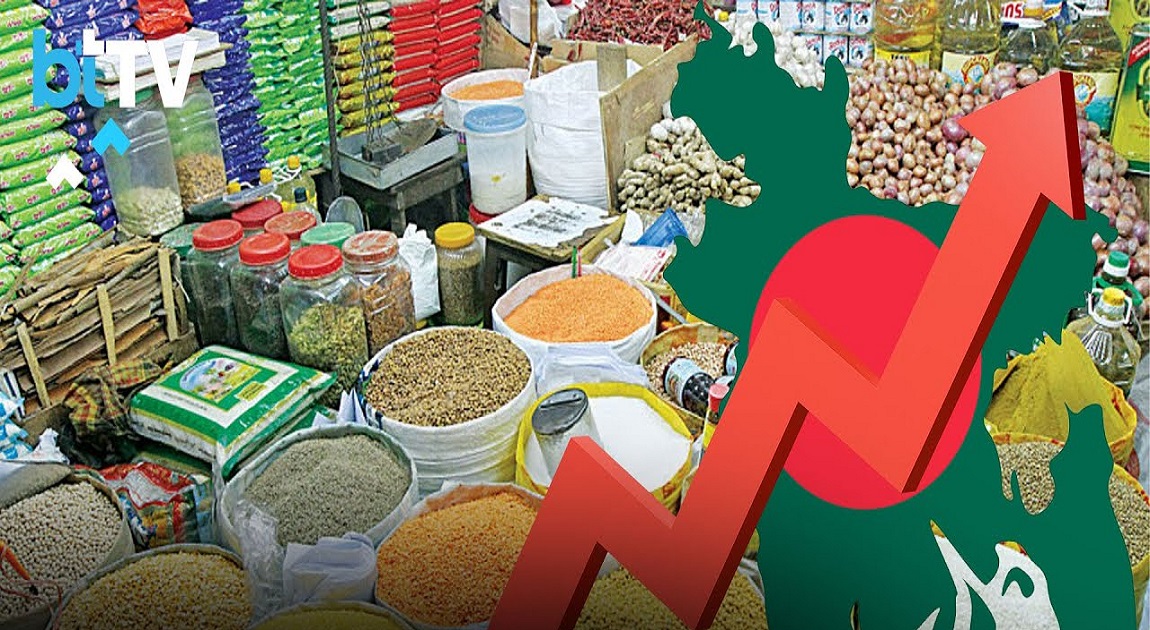After showing signs of easing in June, inflation in Bangladesh edged up again in July, driven by price increases in both food and non-food sectors.
According to the latest data released by the Bangladesh Bureau of Statistics (BBS) on Thursday, point-to-point inflation rose to 8.55% in July — the first month of the 2025–26 fiscal year — up from 8.48% in June.
Point-to-point inflation of 8.55% means that a product or service that cost Tk 100 in July 2024 now costs Tk 108.55.
In contrast, July of last year (2024) saw inflation surge to 11.66% amid political turmoil following nationwide protests that led to the fall of the Awami League-led government. Over the following months, inflation fluctuated between 9% and 10%.
Earlier this year, inflation gradually declined, reaching 9.05% in May and further dropping to 8.48% in June — the lowest in 35 months. However, the July figure marks a reversal of that downward trend.
This upward movement comes despite the government setting a target to bring inflation down to 6.5% in the 2025–26 budget. In line with that goal, the Bangladesh Bank has maintained a high policy interest rate to control demand-side pressures.
In July, food inflation rose to 7.56%, up from 7.39% in June, while non-food inflation edged up slightly to 9.38%, from 9.37% in the previous month.
Rural inflation also increased slightly to 8.55% in July, from 8.46% in June, while urban inflation rose to 8.95%, compared to 8.94% in June.
These figures suggest that inflationary pressures remain persistent despite tighter monetary policy and efforts to stabilize prices. Economists warn that further increases could hurt real incomes, especially for low- and fixed-income households.













-20260304091720.webp)




-20260303080739.webp)









-20260225072312.webp)





-20260228064648.jpg)
